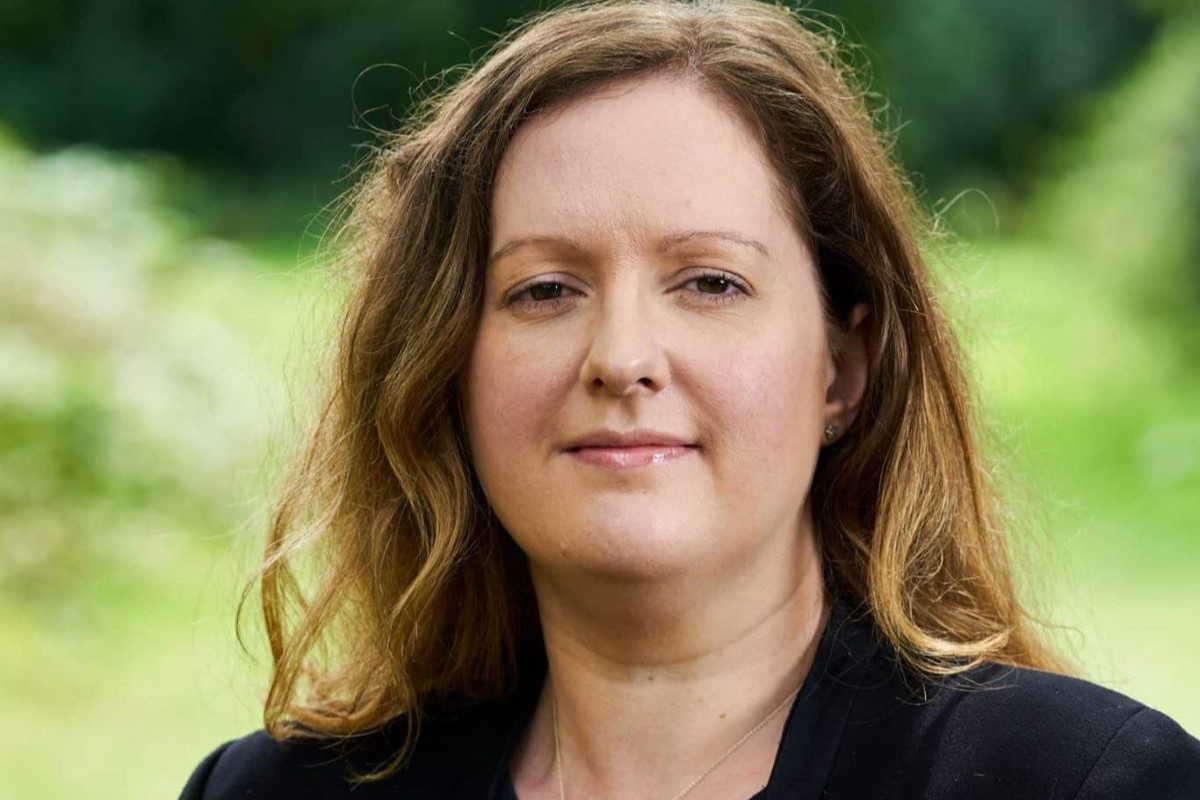There’s one thing we have to be comfortable with in our profession, and that is change.
For those of us who have been in the advice sector for a while we know that change, be it good or bad, is constant – whether it’s the fundamental changes brought in by the RDR, or policy change like the scrapping of the Lifetime Allowance.
But the change is I see taking hold right now is different. For me it’s a qualification that is changing the planning profession – the certified financial planner certification, or CFP.
I believe the CFP is putting advice professionals on an equal footing with other professions such as accountants or solicitors.
People may question whether a bit of extra study can make that much difference. But anyone who has been through the process would probably argue the CFP represents not just study, but encourages a new way of doing and thinking about things.
My path to CFP
Confession time: I am admittedly a bit biased, having passed my CFP Level 7 case study and gaining the CFP certification last year.
But why do it at all? I’m not a natural student and find any study an absolute slog, so I had to really convince myself to undertake yet more professional study.
After moving into outsourced paraplanning, I found myself working with (and continue to work with) a number of different financial planners. This work spans many different business models, ideal clients, levels of technical knowledge and just general ways of working.
Yet I began to identify that those with CFP certification have some core characteristics:
- Confidence
- Understanding how everything fits together (including the sticky bits like intestacy, protection and State benefits)
- Ultimate technical knowledge
- Fearlessness
Clearly, those with the CFP certification aren’t perfect and I’m not trying to argue they are. But I do think their well-balanced approach sets them apart, both clients and with other planners.
Before becoming CFP certified, I think I did already have a good understanding of how everything fits together, based on my experience. But the CFP allowed me to advance all of that.
For example, most of us that do cashflow forecasting will use a tool like CashCalc or Voyant. But the CFP pushes you to get a real understanding how these models work, and the assumptions to use. When you are doing a cashflow forecast using an Excel spreadsheet, you don’t have much choice but to get under the skin of all the data you are putting in, as well as the results you are seeing.
Who it might appeal to
I don’t think all financial planners have to do the CFP. I see it as more of a niche, a bit like those who are accredited with the Society of Later Life Advisers (SOLLA), or Resolution for divorce planning and family law.
But I do think working with someone who is CFP certified will provide real value for you and your clients.
For context, I am an absolute technical geek. I love tax and trust work, and get excited at the prospect of having more data to analyse to help decide on a good outcome for clients.
CFP certification will suit you if you walk the line between loving the minute detail and being across the big picture. Of course, we don’t all need to be both, and being across everything can feel as if your work is never done! Yet understanding where you are and what you are good at is a key factor in considering whether CFP is for you.
I work with a lot of planners who are not CFP certified, and they are bloody great. Most of them are focusing on enhancing the work that they do by developing their coaching skills, and it’s refreshing to see this developing as a study route and a career in its own right. Getting under the skin of what clients want their money to help them achieve in their lives should in theory be easy to find out, but the skill it takes to have those conversations should never be underestimated.
What to bear in mind, and some tips from me
I mentioned fearlessness earlier as being a characteristic I see in fellow CFPs. This is probably the result of going through the CFP case study.
Everyone who embarks on it knows you have about a 25% chance to pass first time. So getting over a fear of failure is something of a prerequisite.
While you do have the opportunity to resubmit, you only get three submissions in total, so that’s something worth keeping in mind.
Doing the case study takes absolute commitment – this is something a lot of people talk about. This was my experience too – balancing working as a paraplanner, running a business and a voluntary mentoring scheme, keeping a little person alive and not going crazy.
If you are thinking of going for CFP, there are a few tips I can give you:
- Understand why you want to do it before going down the rabbit hole.
- Consider how you will fit it into your life, as for 12 weeks, you’ll need to basically be locked in a room.
- Listen to Jackie Lockie’s podcast talking to those who are CFP certified.
- Look at what certified financial planners are putting out there publicly, both to clients and the profession.
- You will need a coach, so factor this into the cost.
The changing landscape of our profession is something that excites me. Younger people are now choosing financial planning as a career, second career-ists are also coming into the sector, and we’re seeing developments like holistic planning and coaching being brought into the mix.
I believe CFP is changing the profession for the better. It’s certainly made a big difference for me.
Siân Davies Cole is a director at outsourced paraplanning firm Plan Works
/ Newsletter and notifications
Never miss out on a lang cat opinion
- View our privacy policy
- View latest newsletter





